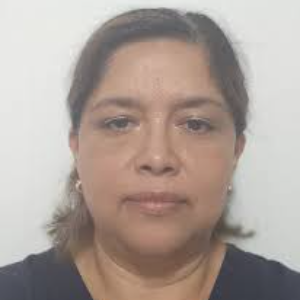Title : Protein hydrolyzates of quinoa leaf by in vitro digestion
Abstract:
At present, the consumption of foods that can supply the consumption of meat has increased. This is due to the environmental impact caused by its production, as well as the damage to health that has been reported in recent studies. Quinoa (Chenopodium quinoa Willd) a plant native to South America whose consumption has recently focused on the leaf, because it can be consumed raw or cooked. In addition to its protein content and a high content of very important secondary metabolites, however, gastric, and duodenal digestibility in vitro has not yet been evaluated to determine how much of the protein that is ingested can be absorbed to be used by the body. The objective of this work was to evaluate the above, through the elaboration of defatted quinoa leaf flours, to which protein isolates were made at pH 2, 4 and 6. Subsequently, the isolates were hydrolyzed by gastric simulation with the papain enzyme at pH 2 because it was the pH with the highest yield, SDS-PAGE electrophoresis was run for proteins identification. Simulated duodenal digestion was carried out with the enzyme pancreatin and bile solution. Protein concentration was higher for pH 6. In both oral and gastric simulation, it was determined that the main proteins were globulins and albumins. In the duodenal phase no protein was observed. According to the values obtained, it was concluded that the proteins present in quinoa leaves have excellent digestibility and therefore can be absorbed through the duodenum.
Keywords: Quinoa leaf, protein identification, digestibility.



